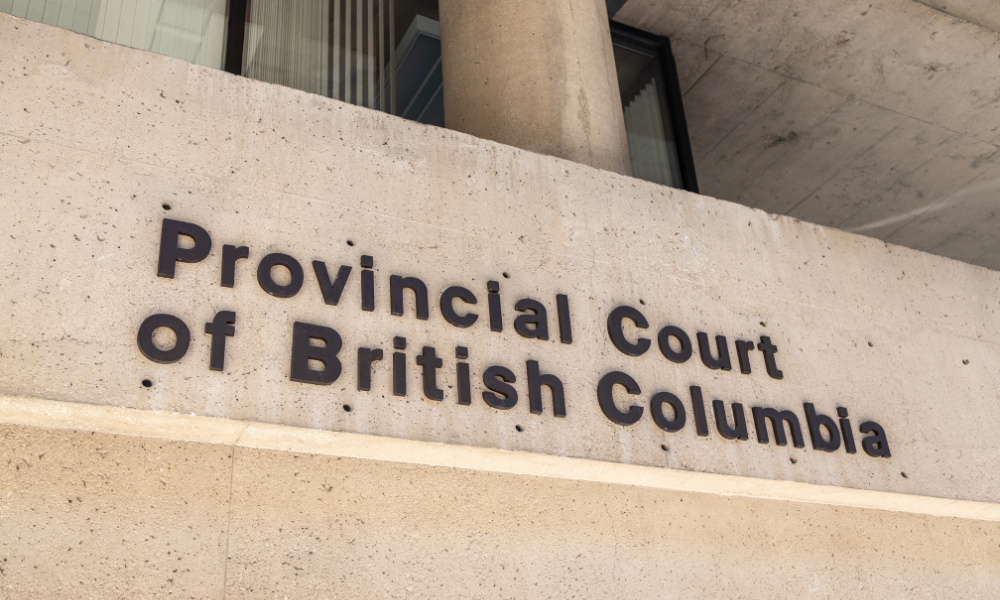The British Columbia Supreme Court has refused to restrain a trustee in bankruptcy from carrying out scheduled examinations in Australia under art. 17 of the United Nations Commission on International Trade Law (UNCITRAL) Model Law on Cross-Border Insolvency.
In IE CA 3 Holdings Ltd. (Re), 2025 BCSC 1123, bankruptcy proceedings before the BC Supreme Court involved two debtor companies, their Australian parent company, and two of those companies’ principals. The bankruptcy trustee requested an order to examine six individuals residing in Australia.
In December 2023, the BC court granted an order allowing the trustee to examine four individuals on specific terms under s. 163 of the Bankruptcy and Insolvency Act, 1985 (BIA). The court gave the parties leave to seek more directions after completing those examinations if they could not agree on the need for further examinations.
The permitted examinations ran from January to March 2024. However, the trustee believed it required additional examinations to address its questions adequately.
In September 2024, the trustee brought foreign recognition proceedings in the Federal Court of Australia under art. 17 of the Model Law, incorporated into Canada’s and Australia’s domestic laws by operation of part XIII of the BIA and s. 6 of Australia’s Cross-Border Insolvency Act 2008 (Cth).
In October 2024, the Australian court granted the recognition order requested by the trustee and appointed two local representatives with corporate liquidator powers under Australian law.
In November 2024, the Australian parent company of the two debtor companies unsuccessfully applied for leave to appeal the order and an interim stay.
The Australian local representatives appointed by the recognition order obtained an order allowing them to issue summons for examining six individuals living in Australia. Last May, two of those persons unsuccessfully applied to the Australian court to set aside the summons.
Before the BC court, the two debtor companies, their Australian parent company, and the two Australian residents who failed to set aside the summons applied to restrain the trustee from carrying out the scheduled examinations.
The applicants alleged that the trustee breached the BC court’s prior order, which required it to seek court directions before pursuing examinations beyond those permitted. The trustee countered that the order did not prevent it from seeking additional examinations.
Foreign orders upheld
The Supreme Court of British Columbia refused the applications and awarded costs to the trustee.
The BC court stressed that the Model Law seeks to promote cooperation among domestic and foreign courts in multi-jurisdictional bankruptcy cases like the present proceedings.
The BC court noted that the trustee provided new evidence in its application to the Australian court to explain why it required further examinations based on the results of the prior examinations permitted.
The BC court ruled that the Australian court could conduct the judicial vetting provided by the December 2023 order because it knew and considered the reasons for setting those restrictions, weighed the merits of the trustee’s case seeking to conduct additional examinations, and concluded that the trustee was seeking assistance rather than trying to circumvent the order.
The BC court saw no reason to reach another conclusion. The BC court said the applicants filed successive applications in Australia, challenged the sufficiency of the trustee’s new evidence and the court process that the trustee pursued also in that country, and failed in their attempts to oppose the trustee.
The BC court concluded that the applicants could not return to a Canadian forum to ask for a different result. The court added that the applicants sought an order that would offend the judicial comity principle if granted.





